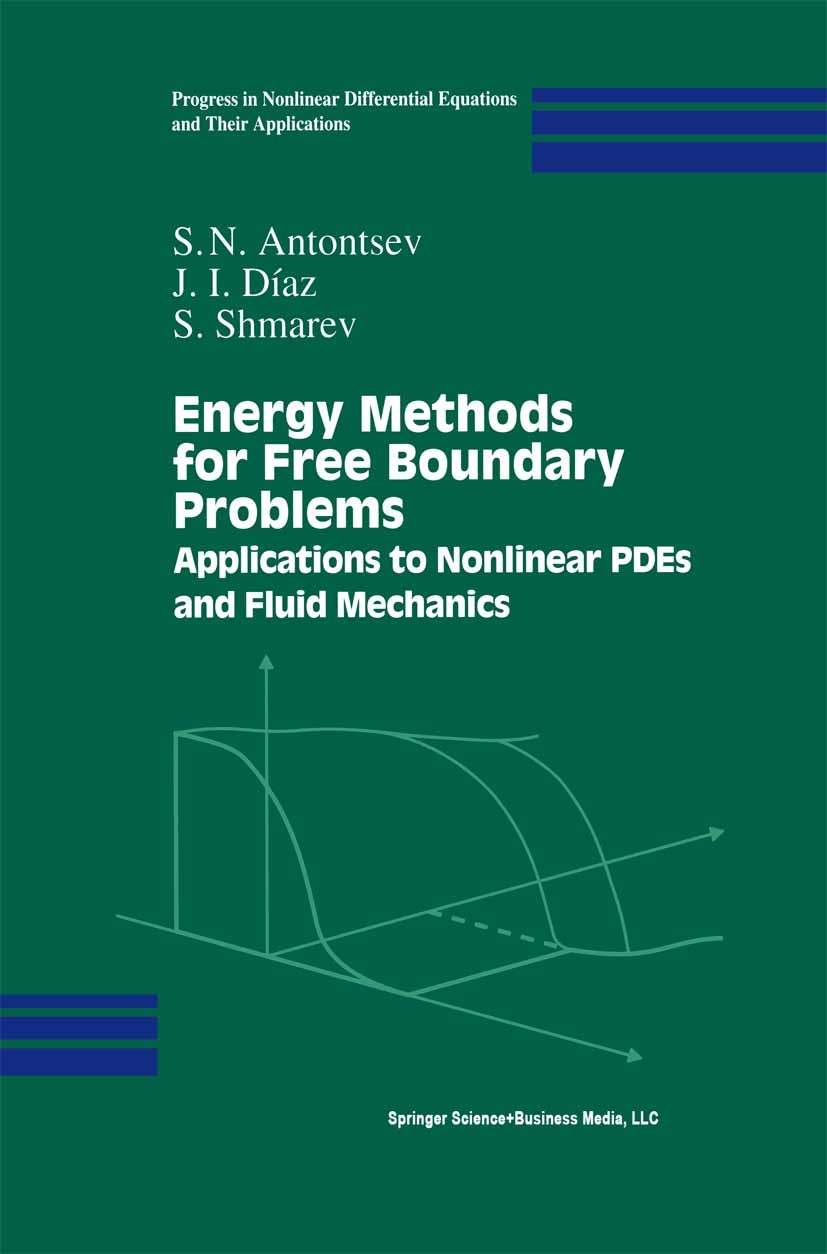Applied Sciences, Free Full-Text
$ 9.99 · 4.5 (650) · In stock
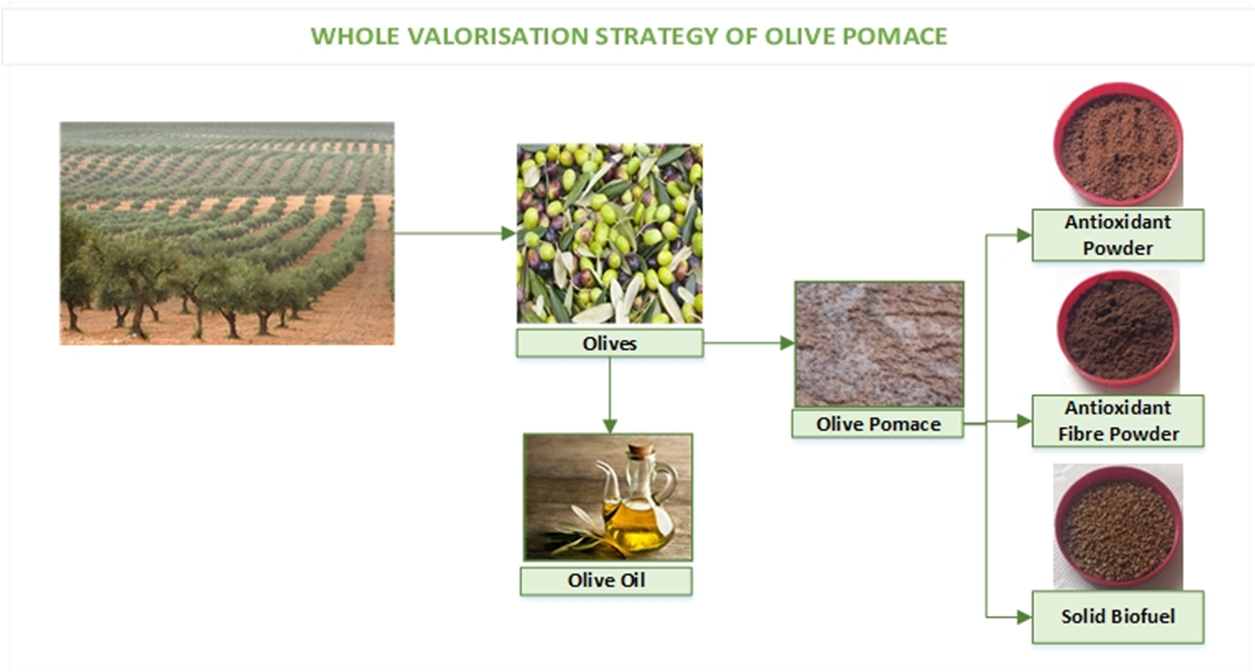
Olive pomace management represents a great concern to the olive oil industry. This work focused on the development of a “zero waste” strategy for olive pomace based on a fractionation approach resulting in the obtention of different value-added fractions. The physicochemical composition of edible fractions obtained (liquid and pulp) was analysed. The potential use as a solid biofuel of the non-edible fraction (stones) was evaluated. High amounts of hydroxytyrosol (513.61–625.76 mg/100 g dry weight) were present in the liquid fraction. Pulp fraction was demonstrated to be a good source of fibre (53–59% dry weight) with considerable antioxidant activity both from free and bound phenolics. The stones fraction exhibited substantial high heating values (18.65–18.94 megajoule (MJ/kg). All these results support the added value of the olive pomace fractions combining the biofuel potential from the stones fraction and the functional food ingredients’ potential both from liquid and pulp fractions. The present methodology seems to be a feasible whole valorisation approach to achieve the circularity in the olive oil sector, prioritising obtaining high over low added-value products.

Applied Sciences, Free Full-Text
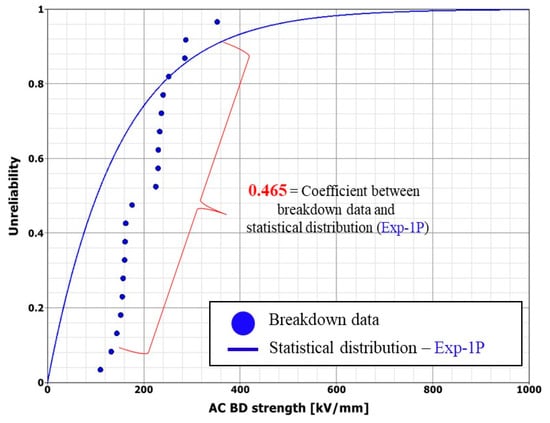
Applied Sciences, Free Full-Text, gas hupe dose
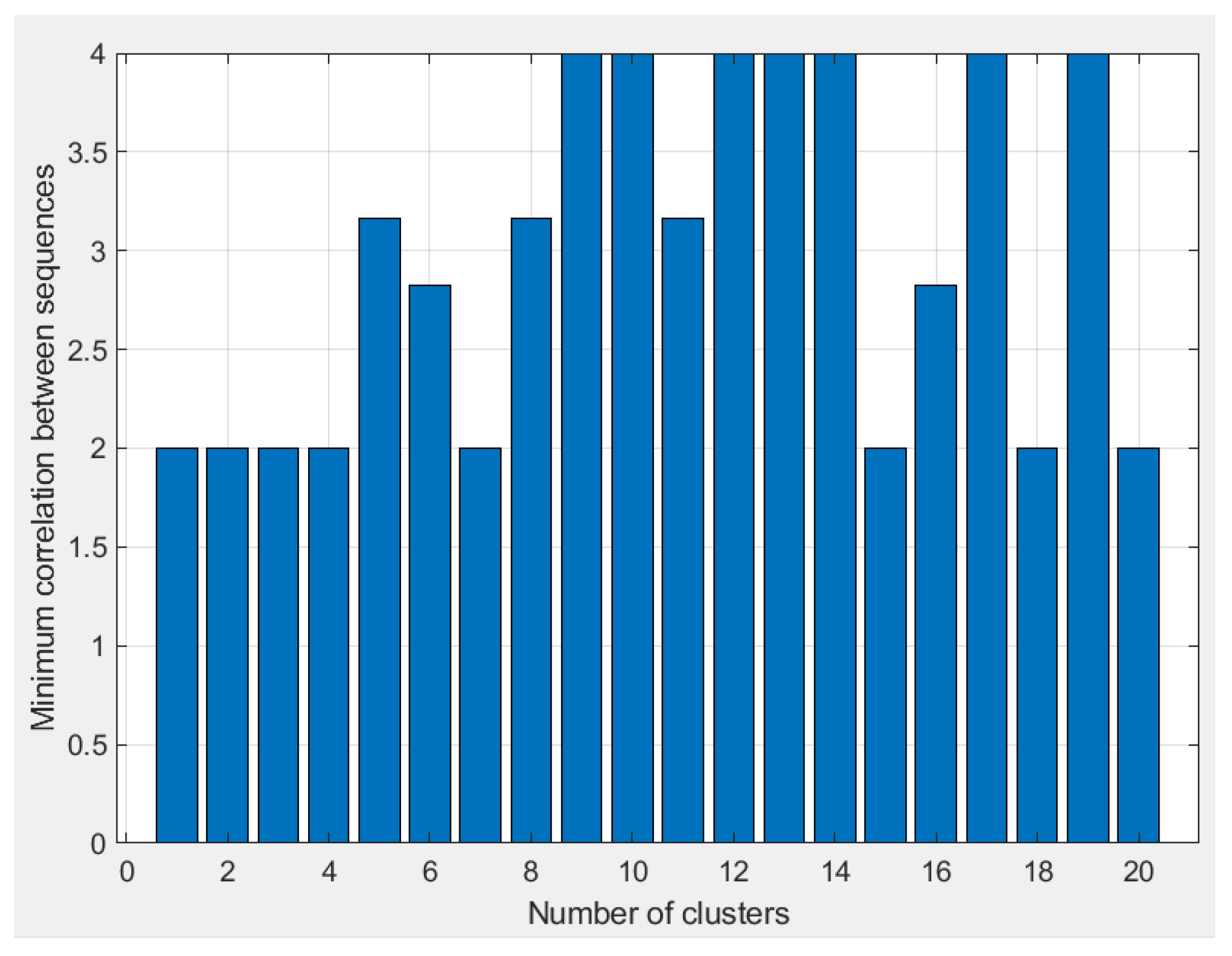
Applied Sciences, Free Full-Text, Emulsion
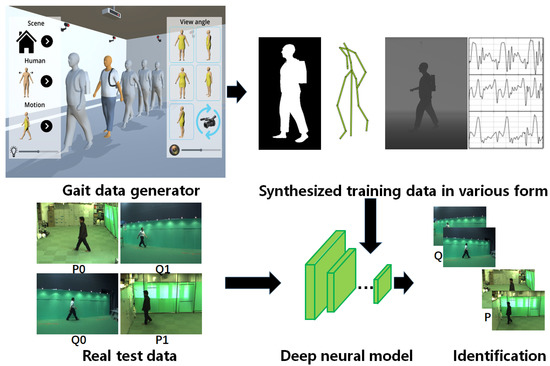
Applied Sciences, Free Full-Text, driving simulator 2009
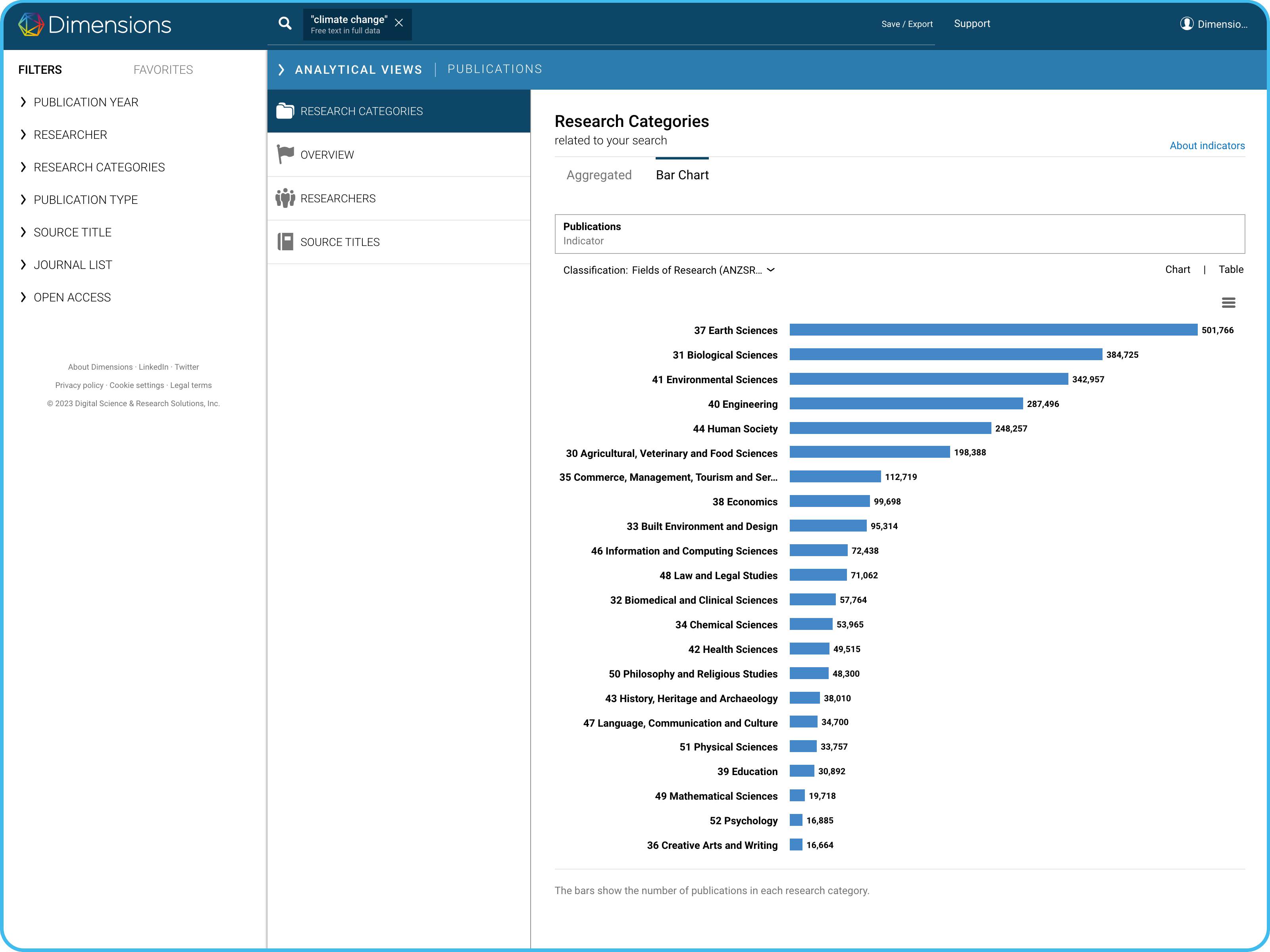
Dimensions - free version
Energy Methods for Free Boundary Problems: Applications to
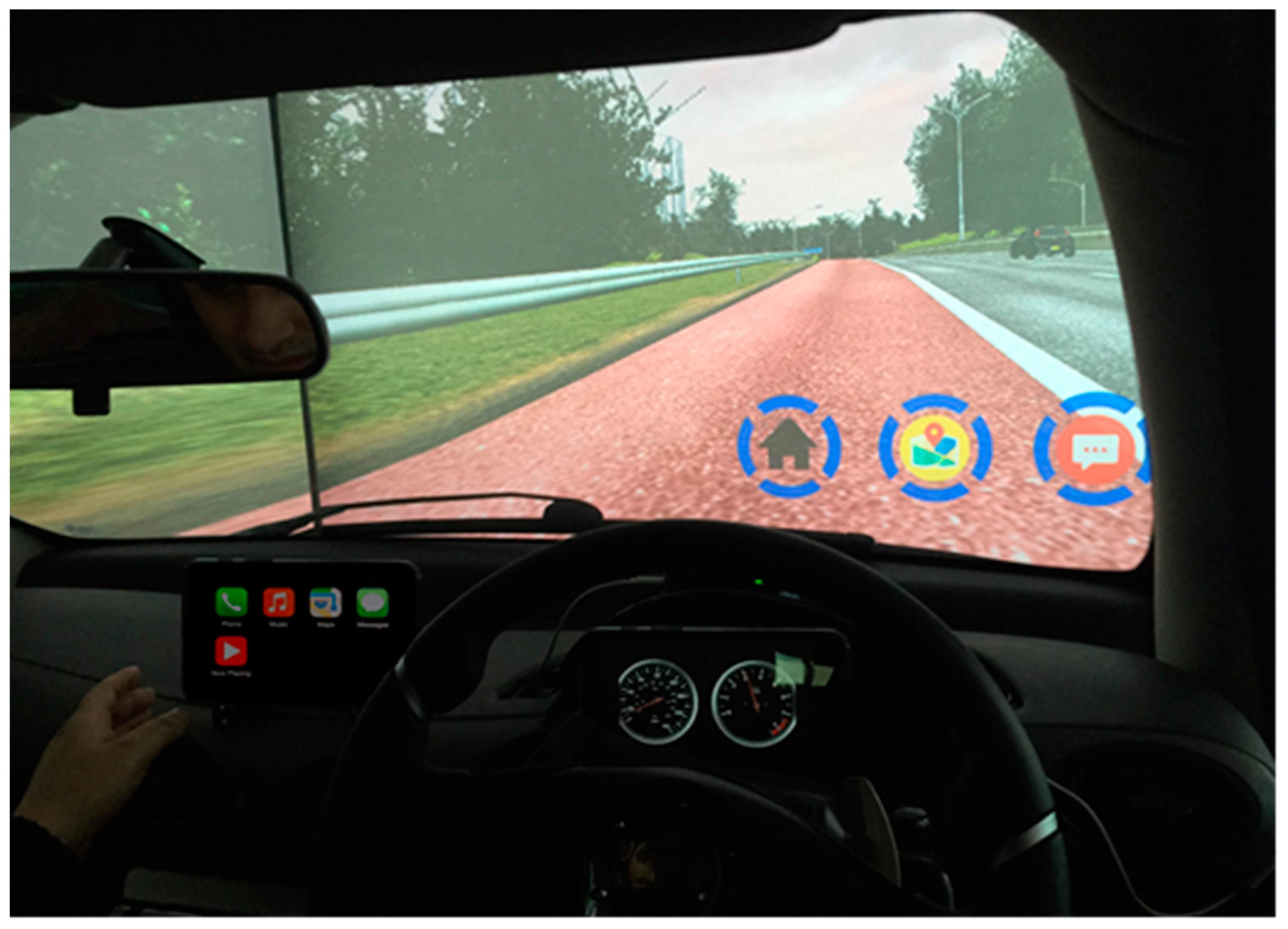
Applied Sciences, Free Full-Text, driving simulator 2009

Applied Sciences, Free Full-Text
Applied Sciences, Free Full-Text, script king legacy mobile sem
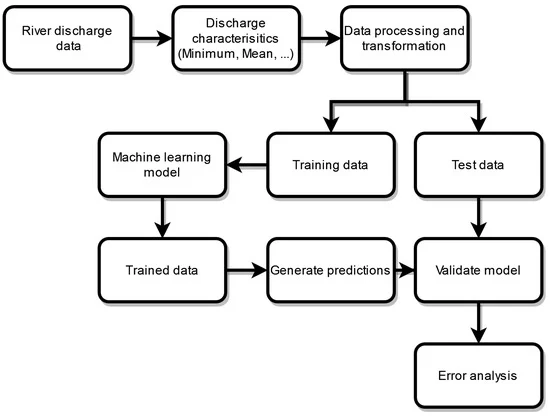
Applied Sciences, Free Full-Text, club smart 2.2.2 apk

3M Honors Full Consortium Grant Despite Pandemic, Demonstrating
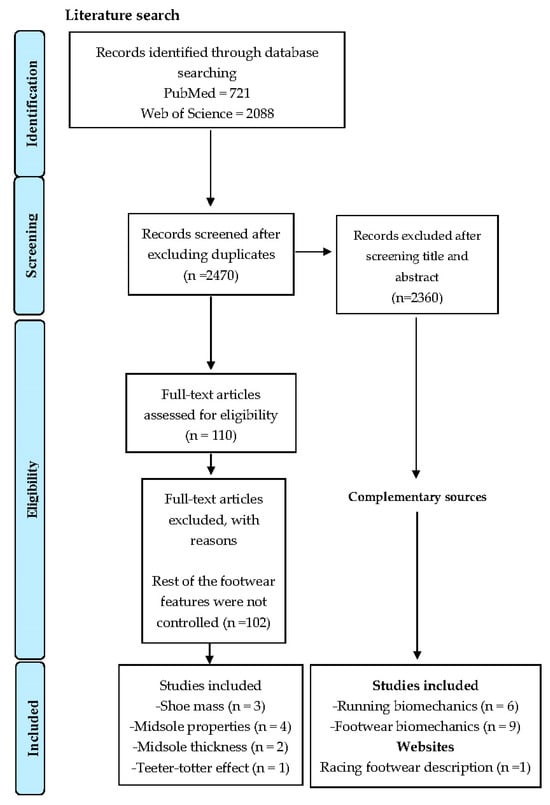
Applied Sciences, Free Full-Text, gas hupe dose

Applied Sciences, Free Full-Text, gas hupe dose
